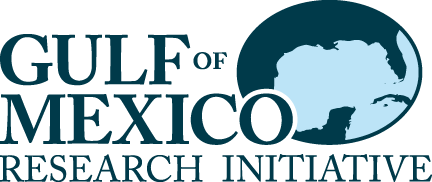Summary:
The Deepwater Horizon (DWH) event has oiled large portions of the Louisiana coast including Phragmites australis marshes at the mouth of the Mississippi River, some of the Spartina alterniflora marshes behind barrier islands and within the estuaries, as well as 250 miles of Louisiana shoreline. Healthy wetland vegetation is vital to sustain marsh structure and to promote important wetland services, such as high biological productivity, fisheries’ support, wildlife habitat, storm mitigation, shoreline protection and water quality enhancement. Ecological impacts of the DWHoil on coastal marsh ecosystems are virtually unknown given the very special characteristics of the oil and the magnitude of the spill.
The primary goal of the proposed research is to determine the impact of the DWH oil on coastal wetland habitats in the northern Gulf of Mexico and their associated ecological functions, with special emphasis on marshes dominated by the plant species Spartina alterniflora and Phragmites australis. We shall also identify those processes and mechanisms that control these responses and determine the fate of the spilled oil. We hypothesize that impacts to marsh function will vary depending on the dominant plant species and their differential sensitivities to the DWHoil. The interaction between plant species and oil will be further modulated by soil organic matter content and sediment texture, which varies with marsh type. Short- and intermediate-term effects of the oil on above- and below-ground vegetative structure and function, biogeochemical processes, oil chemistry, as well as vegetative resilience will be investigated. Combined approaches of both field and mesocosm studies with intact marsh sods will provide a more comprehensive analysis of effects of different oiling scenarios on the structure and function of these important coastal marsh ecosystems.
The proposed project will enhance our capabilities for interdisciplinary coastal research while providing valuable experience for both graduate and undergraduate students. The results derived from the proposed project will be important and valuable from both a basic scientific standpoint and as important applied research. This information will help governments formulate policy responses for coastal oil spills. Our extensive oil spill-related research in wetlands has already attracted considerable news media interviews and public attention regarding the DWH oil spill as well as educational opportunities (see http://www.youtube.com/watch?v=syGM13egoc0). Publications in scientific journals and presentations in conferences will broaden the impacts of the proposed project. This research will greatly improve our ability to acquire external funding for longer-term investigations of oil impacts and recovery from the DWH oil spill beyond the 1 year duration of the project.
